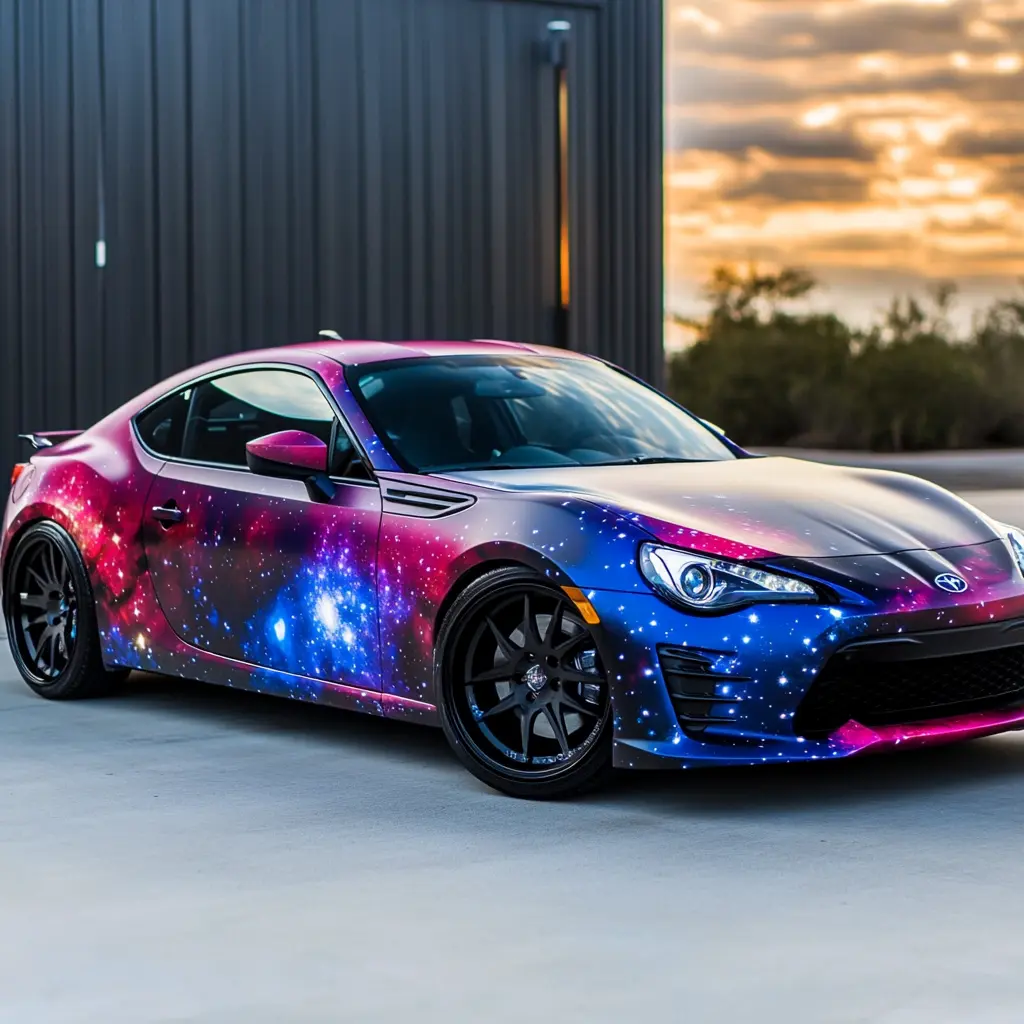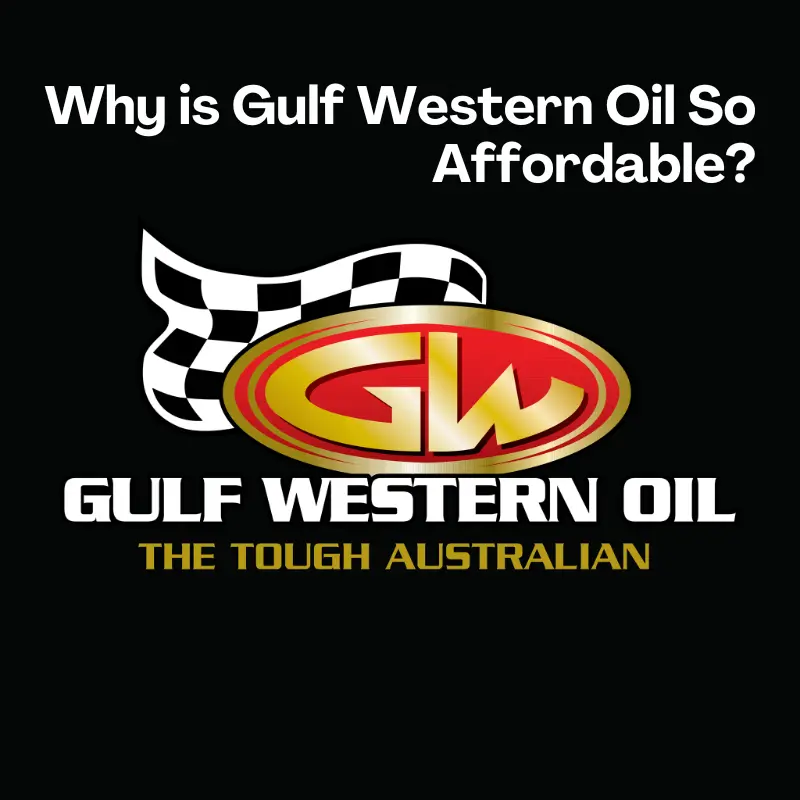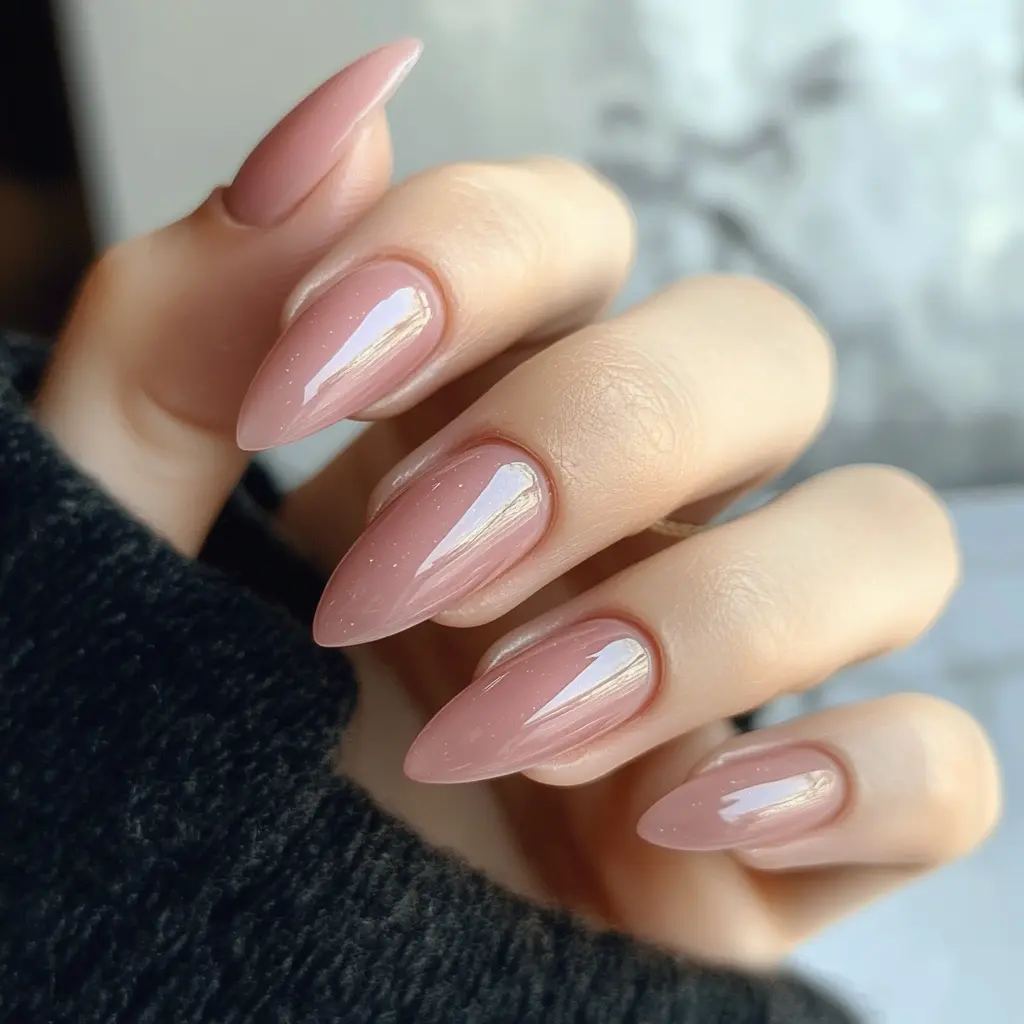
In Australia, it is very convenient for Australians to wrap a car instead of paint to refresh the look of their vehicle or even create a custom design. Wraps are also used to protect the original paintwork. But how much does it cost to wrap a car? Check out the in-depth information about this question.
Concept of wrapping a car
Car wrapping involves applying a covering of vinyl film on the vehicle’s exterior to protect the paintwork. This covering can completely change the look of a car and allow the owners to replace any property from the car such as color texture or design. Car wraps are a famous way to transform the image of your vehicle. Vinyl wraps come in different colors and ranges.
Why wrap a car instead of paint?
It gives a wide range of benefits to wrapping a car instead of painting a car. Here’s a brief comparison of why many choose car wraps over painting:
- Cost: Wraps are typically cheaper than high-quality paint jobs.
- Design Options: Wraps offer unique colors, textures, and graphics not achievable with paint.
- Protection: They protect the original paint from scratches, UV damage, and contaminants, preserving resale value.
- Removability: Wraps can be easily removed, allowing a return to the original color or a new design.
- Installation Time: Wraps can be applied in days, much faster than a paint job.
- Easy Maintenance: Wraps only require basic hand washing, no waxing needed.
Although wraps last around five years, they’re ideal for anyone looking for a flexible, protective, and affordable way to customize their vehicle.
How much does it cost to wrap a car in Australia
Car wraps have different types of prices depending on their type. Here are the approximate prices of wraps:
- Full car wrap: It costs between $2,000 to $6500 for a normal vehicle but for a luxurious car it costs almost $11000 and can be up to it.
- Partial wrap: Wrapping different areas of the car like the back mirror, side mirror, and bonnet usually costs between $299 and $1,500 depending on the area.
- Made-to-order design wraps: If you want wraps made-to-order the price can differ starting from $3500 and going on depending on the style of wrap.
Factors affecting the cost of wraps
- Type of Vinyl: High-quality vinyl can prevent the car from UV damage and fading. Good quality vinyl from famous trusted brands can increase the price but also last long.
- Finishing of wrap: Ordinary finishes satin, matte, or gloss are less expensive as compared to special finishes like chrome.
- Size and type of vehicle: The cost of wrapping a car varies for a small car or van.
- Complexity of design: A simple car design costs less than a complex car design.
Types of car wraps
There are different types of car wraps due to different designs and styles:
- Metallic wraps: It saves the paintwork from UV rays. It has a wide range of colors and designs.
- Glossy wraps: It has a shiny surface and gives a professional look to viewers.
- Chrome wraps: These wraps are expensive but last long due to their quality and strength from any environmental effect
- Mate wraps: Gives a modern look and has a non-glossy surface with a variety of colors.
How long does a car wrap last
With proper care and regular washing of car can last between 5 to 7 years. Factors such as experience of the sun, and driving conditions also affect the life span of a car. Regular caring can increase the life span.
Is car wrapping worth it
Car wrapping keeps your original paint safe and enhances the beauty of your car. It protects the car from sunlight and UV rays. Car wrapping gives you a model feel while passing by road and it can also be used for advertisement for more income. Wraps can be changed whenever you want to change it.
Conclusion
In Australia, wraps are spreading due to their appearance and properties and their properties to impress others. How much does it cost to wrap a car is the main concern but the finishing and luxurious feel impresses you and you can be ready to pay the wrapping amount in order to feel special. Wraps also cover the full part of the car in order to protect from harsh rays and also only a single part like the bonnet or mirror to protect from scratches.






